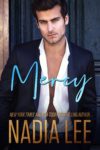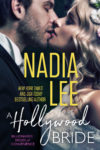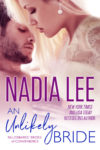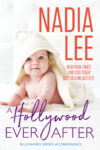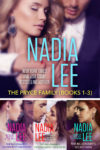There are many ways to study, revise and work whether it be on paper, computer or somewhere between. In any case, there is one very useful tool which can help organize, compress and simplify your work and that is the cheat sheet. To show the power of this tool I will describe using a cheat sheet in forming a plot and revising a story for whatever purpose you may have.
Start by writing what you feel, what comes out of your head the natural creative impulse inside you. It may feel awkward at first, but if you have taken a few English courses and know the basic rules it shouldn't be long before you have a thousand word down regarding some theme. It may not be very good, but the quality is not very important at this stage; the session has really been a kind of brainstorming.
The next step is to work on transforming this thousand words into a short story, novella or novel, depending on how ambitious you are feeling. The shorter the length, the easier the transformation and this is the point where the cheat sheet comes into play. The cheat sheet organizes what can be a confusing and directionless blurb and give the writing structure and purpose. As long as the writer has a few characters and a background setting the cheat sheet acts as a very simple way to keep the momentum going till the end of the journey.
“What will be on this cheat sheet?” is probably the next logical question. “Anything really” is the first answer, but it's important to have certain structure to the sheet. It's probably helpful to put the most important aspects of the story, like the plot, at the top of the page, with lower priority sections at the bottom.
After completing a few cheat sheets, you may begin to notice a pattern in the way you organize your thoughts and create a template for the sheet. A novel may have a different template than a short story, and a technical paper may have a different template than a blog post. The sheet may also turn into a storage box for your words if you need to re-organize the story. For example, you may come up with a really good line from one of the characters but find it impossible for it to fit directly into that piece of dialogue. Assuming you don't want to delete the sentence all together or leave it floating around the original document, it might be useful to copy it over to the cheat sheet and save it for later when there is a more appropriate place for it.
This shows the versatility and ease with which someone can create a cheat sheet for their own work. If you create certain rules for your writing they can be kept on this sheet as well as any info dumping you just have to do for yourself but don't want to include on the main document. The inclusion of a table can make the cheat sheet easily demarcated for cutting into cards.
What's important to remember is that this is an organization tool and is designed to keep the writer focused so you don't stray and leave half-completed works scattered around your desk/desktop.
You can follow Jonathan on Twitter (@fwc).

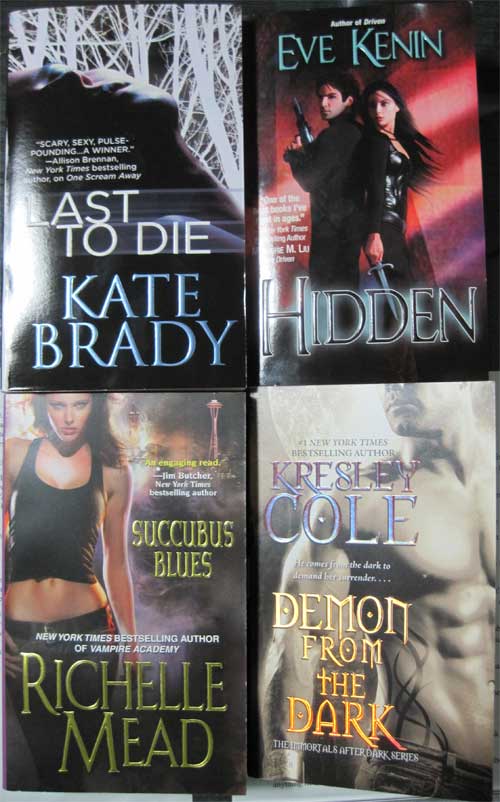
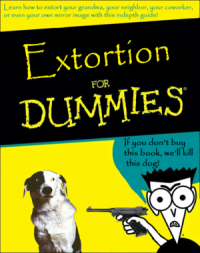 I know times are tough and local governments are looking for a way to get some extra cash, but
I know times are tough and local governments are looking for a way to get some extra cash, but 








